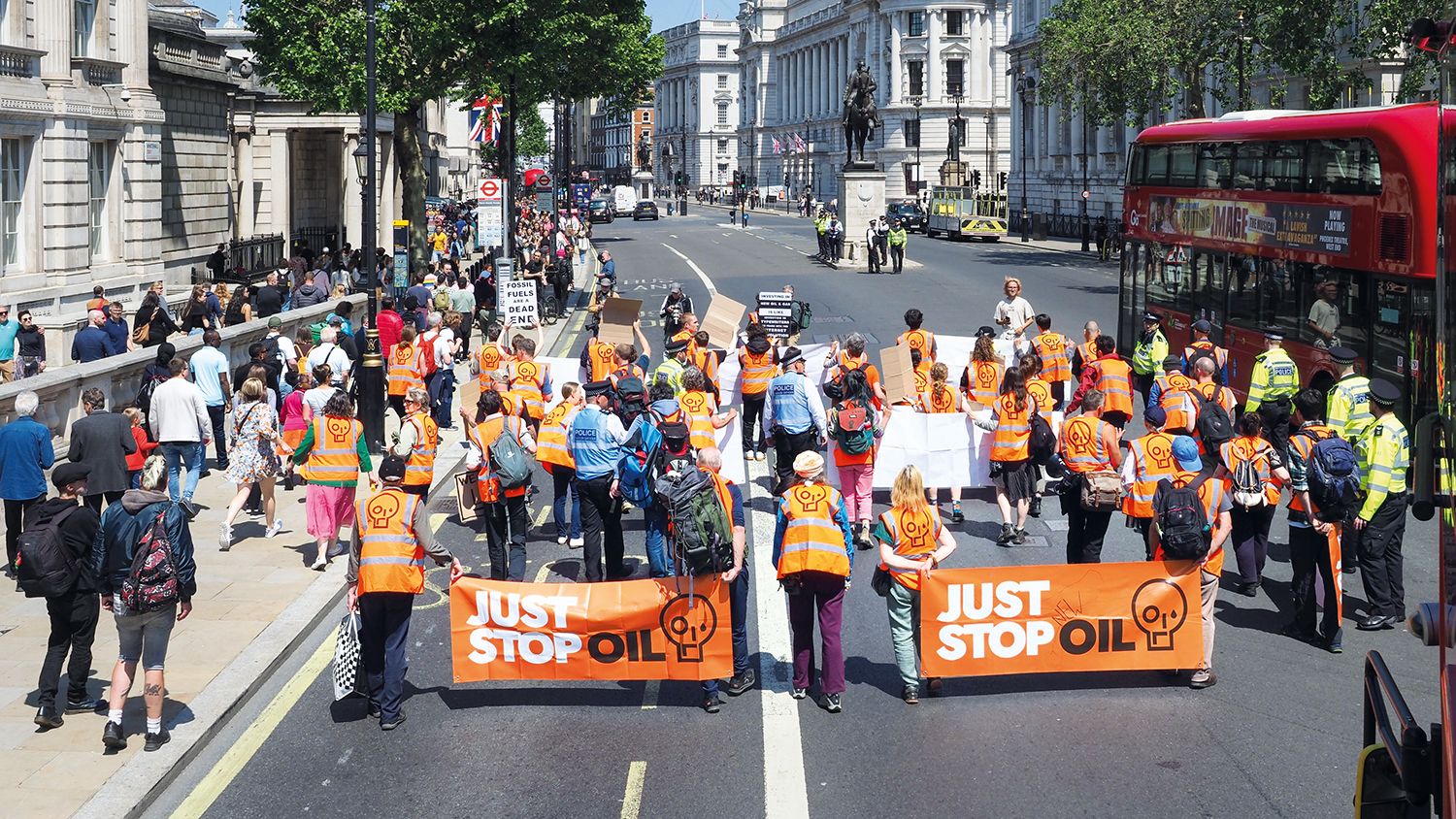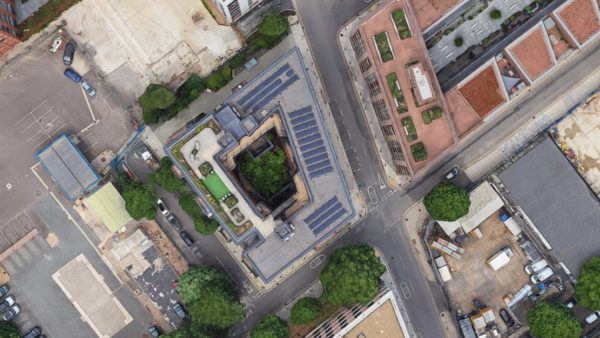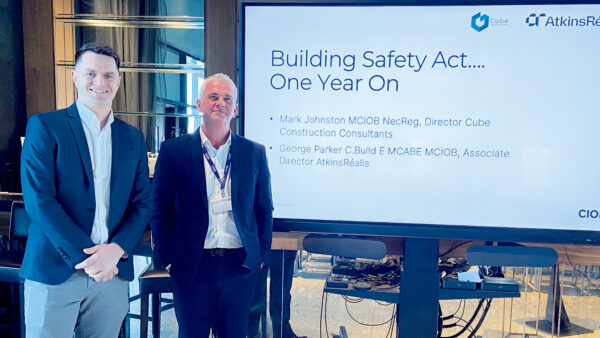This month’s contract clinic question comes from a contractor worried about climate protestors disrupting the construction programme. Steven Woolnough looks at the legal position.

The question
What can we do to tackle Just Stop Oil trespassers who are coming on to our site?
The answer
The last thing you would want when arriving on site is to find the walls of your newly constructed project covered with bright orange paint and a group of protestors chained to your scaffolding. The chances are your completion date will be under threat, and there will be increased costs that you may incur.
Calls to your insurers will be required and, while it will always depend on the specific facts as they arise, your contract may be not much assistance to you, as the standard forms do not have provisions that deal with relief for trespass.
If that was not enough, then you as the contractor currently occupying the site may fall foul of the Occupiers Liability Acts of 1957 and 1984. This imposes a duty of care upon the ‘occupier’ (you) to all persons on the land including trespassers to not suffer injury on the premises. Any injuries sustained on the site may become your responsibility, resulting in you having to pay out on any injury claims and potential sanctions under the Health and Safety at Work etc Act 1974.
Stop trespassers getting on site
Before anyone finds their way onto your site, the advice is to ensure you stop people from entering in the first place.
A proactive starting point would be to get in touch with the local police crime prevention officer and get them to visit site and provide solutions. But in the interim, some things you should consider are:
- Perimeter barriers: Erecting security fencing around the site is an effective step. Most of us are more than familiar with ‘Heras’ fencing by now. A perimeter fence should be at least 2m high but, depending on location, it may need to be higher. The fence needs to be difficult to climb and not have holes for hand or footholds.
- Surveillance systems: CCTV cameras around the site are useful deterrents and can also provide evidence of any events that take place and measures taken to mitigate risks.
- Security guards: Having security personnel on site can be a deterrent. Depending on your site, this could either be on a visiting basis or as a continuous site presence. One thing to note is that if you are to implement this step you must ensure that for the guards there is safe access, a well-lit route, and that lone working procedures are put in place if required.
- Lighting: In addition to lighting for security staff, lighting can be used to ward off potential trespassers. Motion-activated lighting may be a suitable option.
- Storage: Construction sites are home to large plant and machinery. To stop items being used as climbing frames or go-karts, site compounds should be made large enough to store plant, materials and equipment.
Costs for security measures
As these measures relate to the whole site, not just one specific activity, they should be covered in the preliminaries section of your costing. Employers should ideally have requested In the scoping documents that contractors include these types of security measures in their prices. If not, as the contractor you should include what you feel is sufficient, with a narrative explaining your evaluation.
If your project is already on site and it becomes known that there is a potential security risk that was not covered in the employer’s documents, and not known at the time of tendering, then it would be prudent to begin discussions with the employer on how you can provide the necessary measures to the commercial satisfaction of all parties.
The potential impact of the risks of Just Stop Oil protestors materialising on your site may far outweigh the costs of any preventative steps taken.
Steven Woolnough is senior consultant at Decipher.
Comments
Comments are closed.












Or… You could think about why not only the protestors but many others are concerned about what your business is doing. Can you change course? Or try to carry on business as usual? This is difficult but we all are facing a very uncertain future. What will your part be in shaping that for the better?